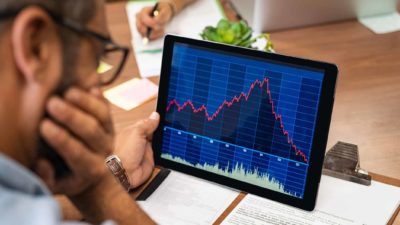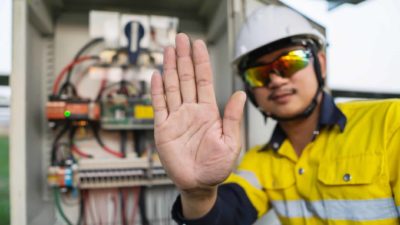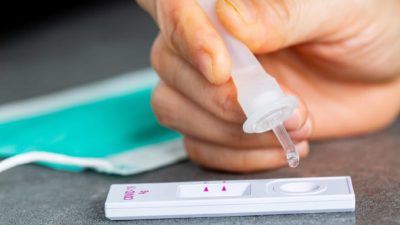Boral Limited (ASX: BLD) shares have slid 4% in early trade after ratings agency S&P downgraded its rating outlook from 'stable' to 'negative'. S&P believes the coronavirus pandemic and resulting recessionary environment will significantly cut Boral's earnings.
Earnings to slide
S&P affirmed its BBB rating on Boral but downgraded its outlook as it believes earnings across all core divisions will be cut. This will make it difficult to maintain a funds from operations to debt ratio of above 30%.
The ratings agency believes that COVID-19 restrictions are likely to significantly depress earnings and cash flow across all Boral divisions. If this is protracted, it could cause Boral's leverage to move outside tolerances for a BBB rating.
S&P expects declines in sales, production volumes, and earnings to be particularly severe in the fourth quarter of FY20 due to government-mandated temporary lockdowns and restrictions to contain the spread of COVID-19. Because the severity and duration of the pandemic are as yet unclear, it is difficult to predict the full impact on business activity, the global economy, and Boral.
Decisive action expected
S&P says Boral has a solid liquidity buffer despite near-term cash flow pressures. It expects Boral to take decisive action to protect its liquidity as demand for products slows. The ratings agency says Boral has a solid record of prudent balance sheet management ensuring ratings stability.
Boral has publicly committed to maintaining an investment-grade rating which implies Boral has the commitment to take necessary actions to preserve its financial health.
Cost savings measures could include plant slowdown and shutdown measures, particularly in the absence of a tangible industry rebound. Boral's ability to use efficiency gains from previous cost-saving initiatives will be key. Boral may also need to reduce non-essential capital expenditure and discretionary spending, and focus on cash preservation.
No imminent liquidity risk
While there will be pressure on near-term cash flows, Boral has built a substantial liquidity buffer. It is supported by available undrawn funds from its syndicated loan facility totalling approximately $800 million, as well as internally generated cash flows. Proceeds of $82 million from the sale of Boral's Western Australia-based Midland Brick business are due to come through over the next few months.
Repayment of US$76 million on US private placement notes is due in April. After this, however, the company has no further debt maturities until FY22. Boral has no earnings-based debt covenants. Its principal gearing covenant (gross debt to gross debt plus equity) is around 30%, comfortably within the 60% threshold.








